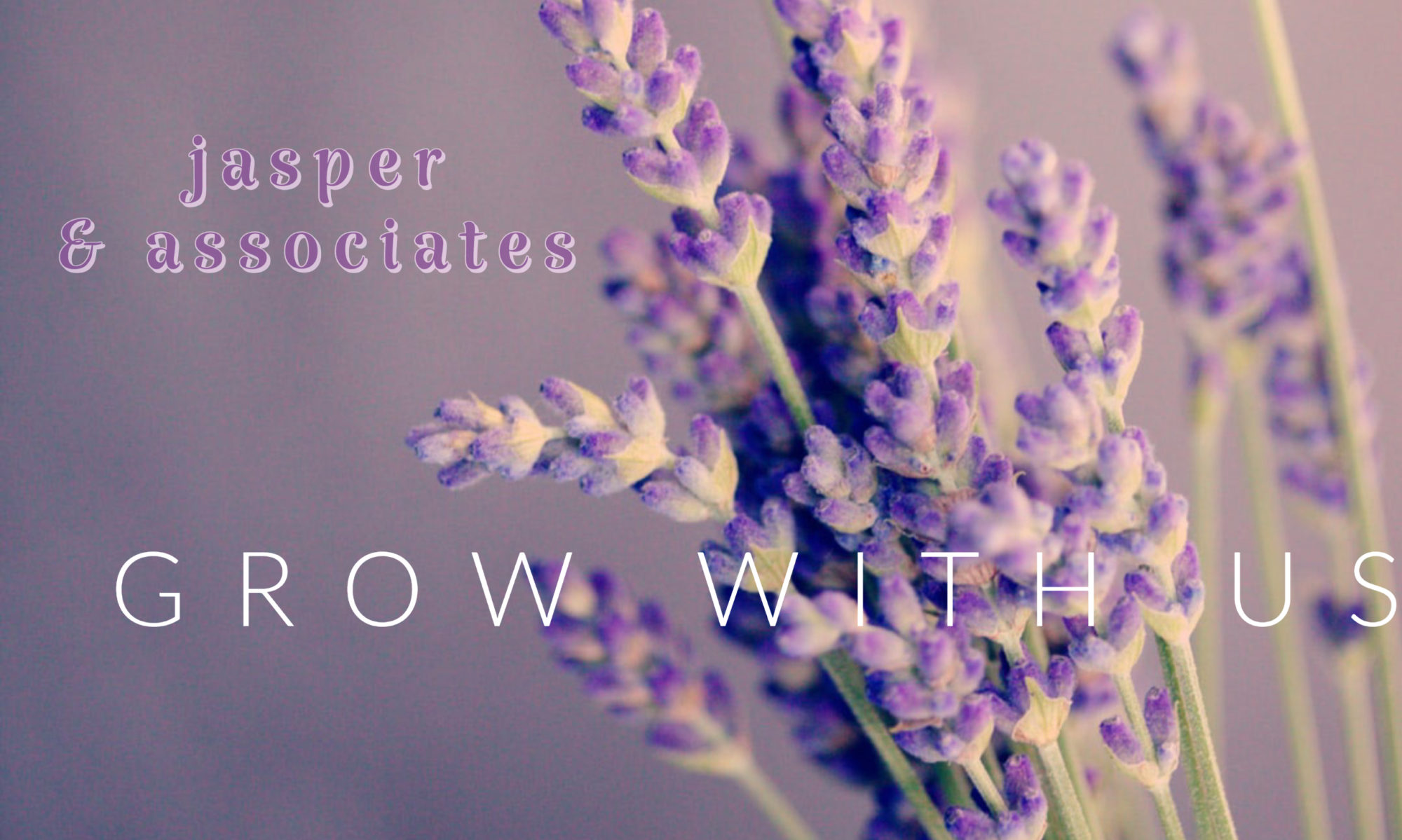I have the opportunity to work with many people in the healthcare profession. What I have seen in the last couple years is a strain on the healthcare system and workers that are up against a covid pandemic and limited resources. One thing I am seeing is burnout or compassion fatigue. This happens when you are unable to take care of yourself and continue to care for others. This causes people to quit their healthcare jobs which puts more strain on the ones that stay which increases the rate of burnout that leads to more loss of staff. It is a vicious cycle. Here is a Burnout Prevention Plan for Healthcare Workers.
BURNOUT PREVENTION PLAN
For Healthcare Professionals
- Prayer: Praying to a Higher Power of your choosing can be helpful to determine what you have control over and what you don’t have control over. Giving the things you don’t have control over to a Higher Power can help you use your energy on the things that you can control. A Higher Power can bring a sense of peace in knowing there is a greater being that can take care of the things you don’t have the ability to take care of. This includes patients or other people in need of help.
- Know Your Limitations: Recognize that you are human. You will not be able to help everyone that needs help. It is important to allow others to care for the people that you are unable to care for. Try to recognize when you are out of energy or need time to practice self-care. Be open about this to trusted colleagues or friends and allow people to step in and take over if possible.
- Look at the Bigger Picture: When things feel hopeless or you feel you are not making a difference, think of 1 person that you helped heal. Think of the people affected by this persons healing. That 1 person will positively impact multiple people and those people will then positively affect others. This positive impact is never ending.
- Manage Expectations: Prepare for the worst and hope for the best in your job. Take time to enjoy the beautiful things that surround you daily. Be grateful of the things that are positive in your life. It can be helpful to write down 3 things you are grateful for every day.
- Keep Perspective: You are 1 person. You cannot do everything alone. Receiving and asking others for help is important to reach the goal of helping someone.
- Take Time For You: Find things you can do that help you feel inspired. Do things that help lift your spirits. Try new things. Laugh. When working 12 to 24 hour shifts this can seem impossible.Even taking 5, 10, or 15 minutes out of the shift to walk or admire artwork on the walls can be helpful.
- Strive to Move Forward: Take 1 day at a time. Sometimes 1 minute at a time. Do what helps to leave a legacy behind. This is done when you help patients, or just using kind words when speaking to family members of a patient.
- Deal with Reality: Focus on doing the next right thing. Create a goal to leave this world a better place. This can be done by just being kind to others; patients, family members that are grieving, and colleagues.
- Strive to Challenge Fears: Face your fears and challenges. Do not allow the fear to control you. Step out of your comfort zone when you can and when appropriate to face your fears. This will decrease a feeling of fear in these situations.
- Utilize the Serenity Prayer: Even if you are not a Christian, the Serenity Prayer can be helpful. It helps you identify the things you can’t control and helps you ask a Higher Power for help with this.
The Serenity Prayer
God (or Higher Power, Nature, Universe, etc.) Grant me the Serenity
To Accept the Things I Cannot Change
The Courage to Change the Things I Can
And the Wisdom to Know the Difference.
This prayer is about being at peace with yourself and when connected to something greater than you. It helps you recognize that there will be people you are unable to help. It assists you in learning how to detach with love and not with guilt. It gives you the courage to be humble and recognize you can’t save the world and that you are human. The wisdom is knowing when you need to recharge and when it is better to detach from the patient or situation. It helps identify when and how you can help. It teaches you to choose your battles and invest yourself in the things that will be the most beneficial for yourself and the patient.
Quotes:
“One person can make a difference and every person should try.” – John F. Kennedy
“Act as if what you do makes a difference. IT DOES.” – William James
“When you get tired, learn to rest, not quit.” – Banksy
“You always gain by giving love.” – Reese Witherspoon
“You will face many defeats in life, but never let yourself be defeated.” – Maya Angelou
“Don’t judge each day by the harvest you reap but by the seeds that you plant.” – Robert Louis Stevenson
“Ability is what you’re capable of doing. Motivation determines what you do. Attitude determines how well you do it.” – Lou Holtz
“If it wasn’t hard, everyone would do it. It’s the hard that makes it great.” – Tom Hanks
Reference: Gorski, T. (2021). My burnout prevention plan. Gorski-Books.
